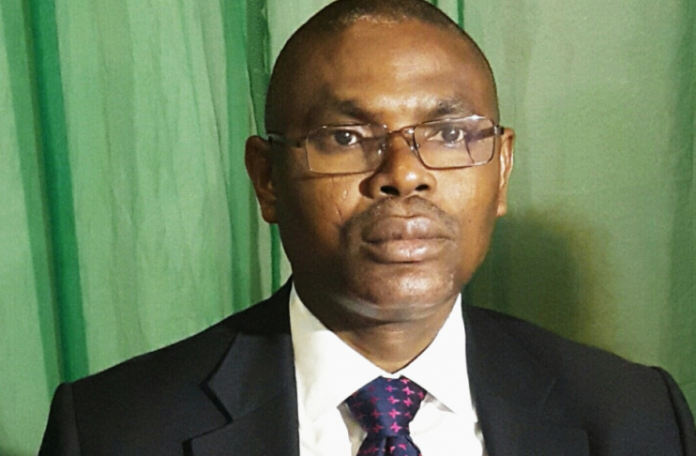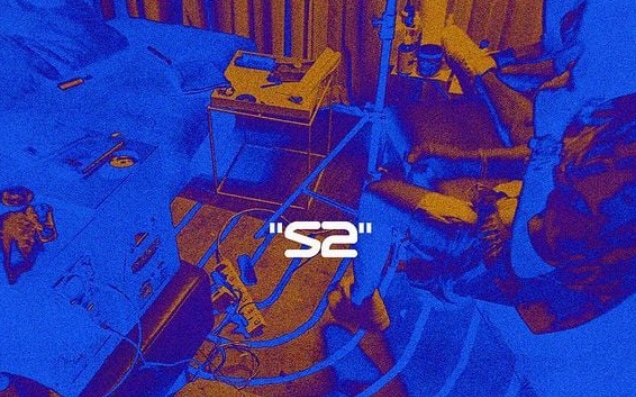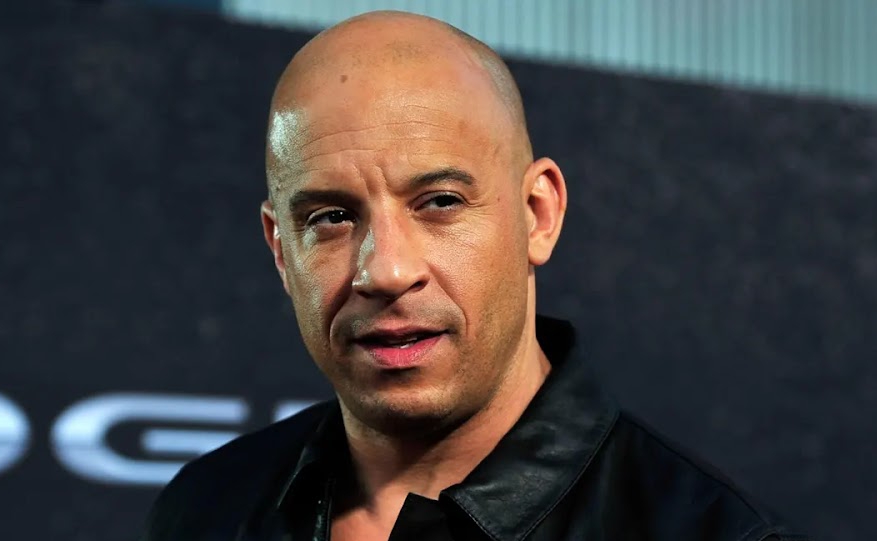The micro pension plan (MPP) is aimed at low-income earners who are often not financially literate and usually have limited or no access to financial services.
This innovative pension solution not only caters to the needs of low-income earners but also extends its benefits to self-employed professionals such as architects, lawyers, accountants, artists, and artisans.
Recognised as a remedy for combating old-age poverty, similar solutions such as the MPP, have successfully made strides in countries like India, Kenya, and Ghana.
Unlike the mandatory participants under the contributory pension scheme (CPS), the MPP is a voluntary scheme solely funded by the contributor. Participants in the MPP, however, retain the option to participate in the mandatory contributory pension in the future, should they secure formal employment.
Advertisement
The flexibility and dynamism of the MPP empower micro pension contributors (MPCs) to seamlessly transition into the mandatory CPS if they secure formal sector employment, as stipulated by section 2(1) of the Pension Reform Act, 2014.
Upon employment, MPCs can easily continue their contributions by providing their personal identification numbers (PINs) and pension fund administrator (PFA) details to the new employer, eliminating the need for opening a new retirement savings account (RSA).
Before conversion, MPP contributors have the option to withdraw the total balance of the contingent portion of their RSA. Alternatively, they can choose to leave the contingent portion, which will be merged with the retirement benefits portion of the RSA upon conversion to the mandatory CPS.
Advertisement
It is essential to note that failure to request conversion within one month of receiving remittances from a new employer may result in automatic status change by the PFA, with notifications sent to the employer and monthly returns forwarded to the commission.
Participation in the MPP is exclusive, with no provision for conversion from the mandatory CPS to the MPP. Additionally, once an individual retires from a formal sector employment, participation in the MPP is not allowed. However, the retiree may continue to make voluntary contributions if he secures another employment through his existing RSA.
The MPP has garnered substantial momentum, evident in the notable increase in enrolments.
In the third quarter (Q3) of 2023, the MPP welcomed 6,263 new contributors, propelling the total number of MPCs to 105,455. During this period, the cumulative pension contributions from new MPCs amounted to N60.29 million, contributing to a total of N529.32 million received from 105,455 MPCs as at September 30, 2023.
Advertisement
Furthermore, PenCom approved contingent withdrawals totaling N42.7 million for 178 MPCs from the inception of the MPP to the end of the third quarter in 2023.
Another, noteworthy development is the transition of 732 MPCs from the MPP to the mandatory CPS, underscoring the MPP’s impact in expanding pension coverage in Nigeria.
This article concludes our 3-part series on the micro pension plan. It should be noted that the MPP undergoes rigorous monitoring and supervision by PenCom to ensure compliance withguidelines and regulations.
This has resulted in safety and consistent accumulation of pension assets. PenCom remains steadfast in its commitment to effectively regulate and supervise the pension industry, ensuring timely payment of retirement benefits.
Advertisement
Based on information by the National Pension Commission (PenCom).
Advertisement






